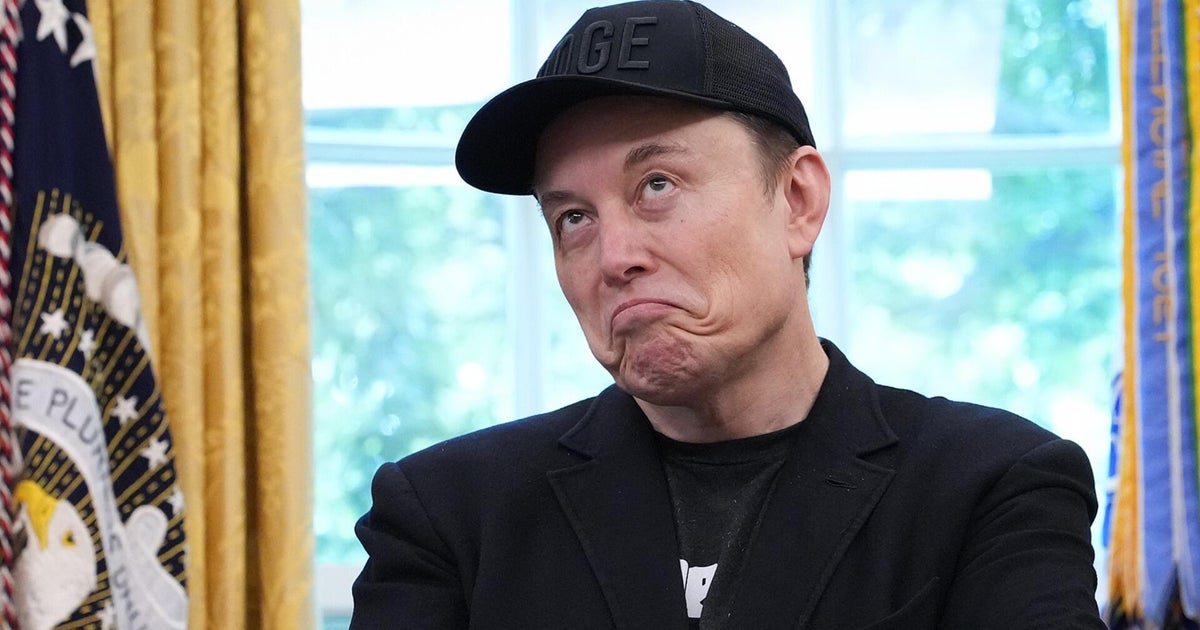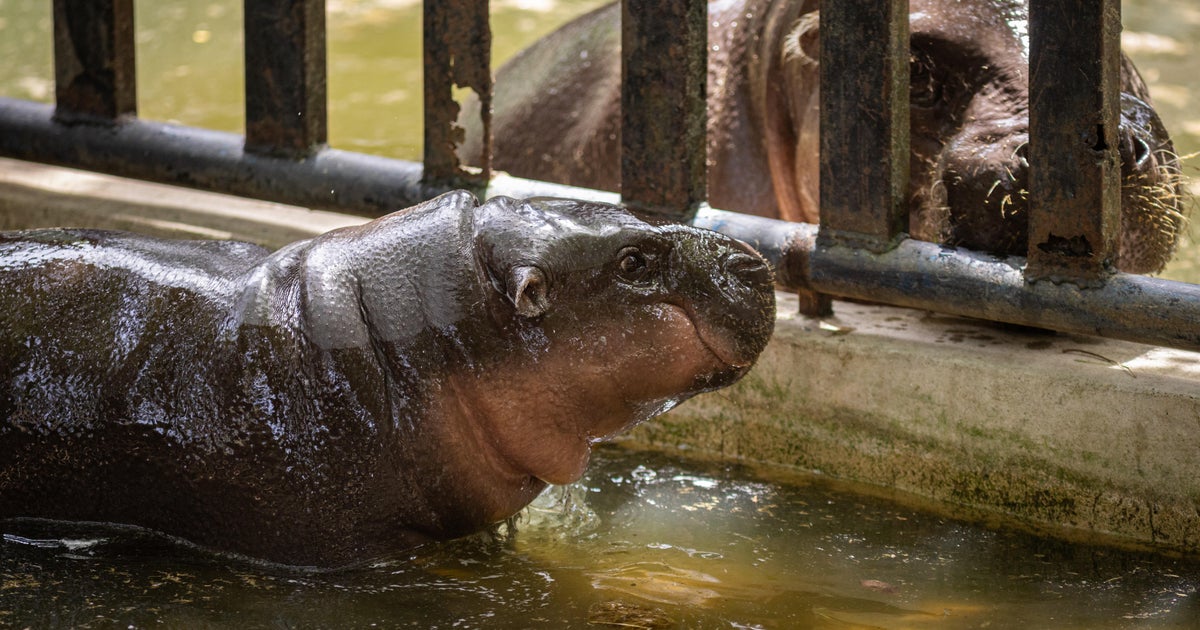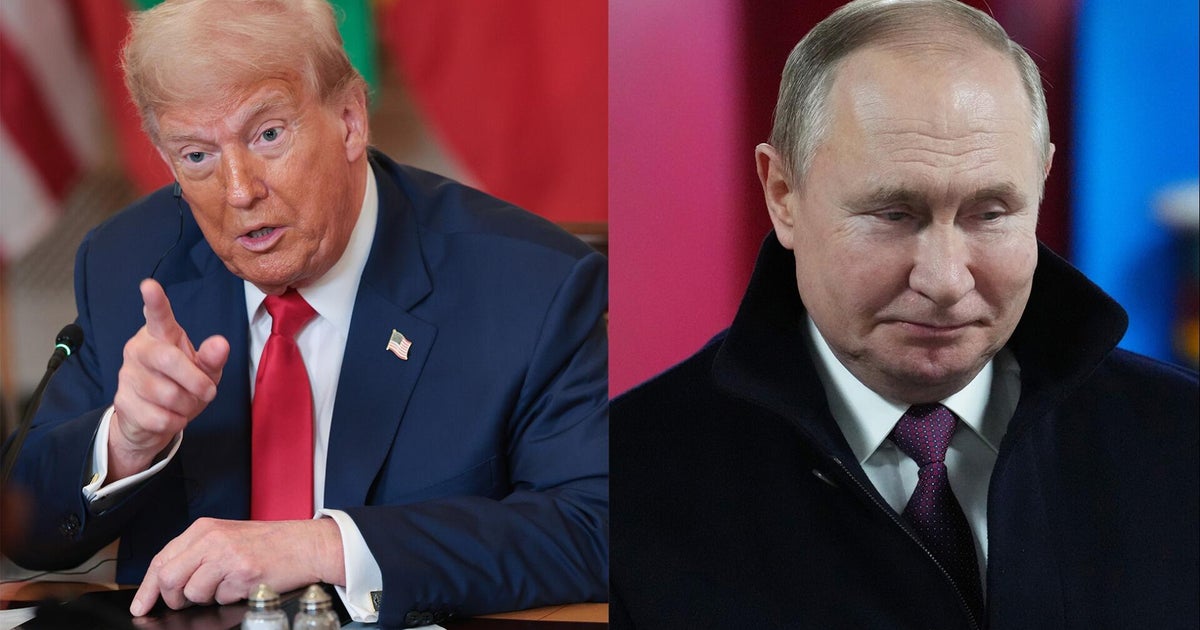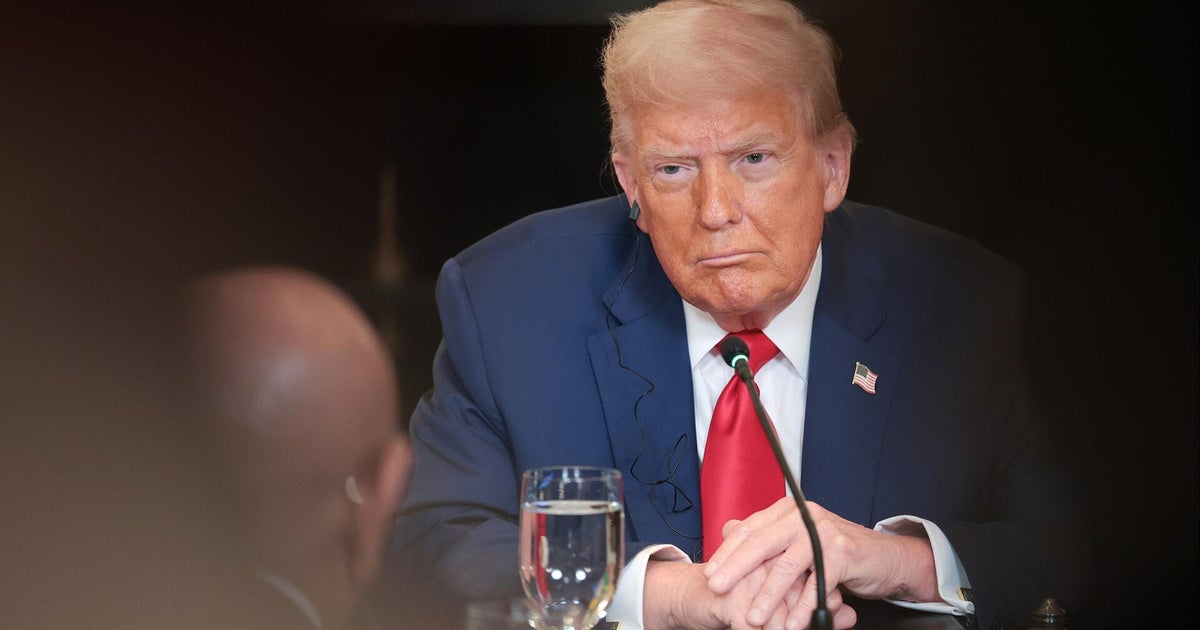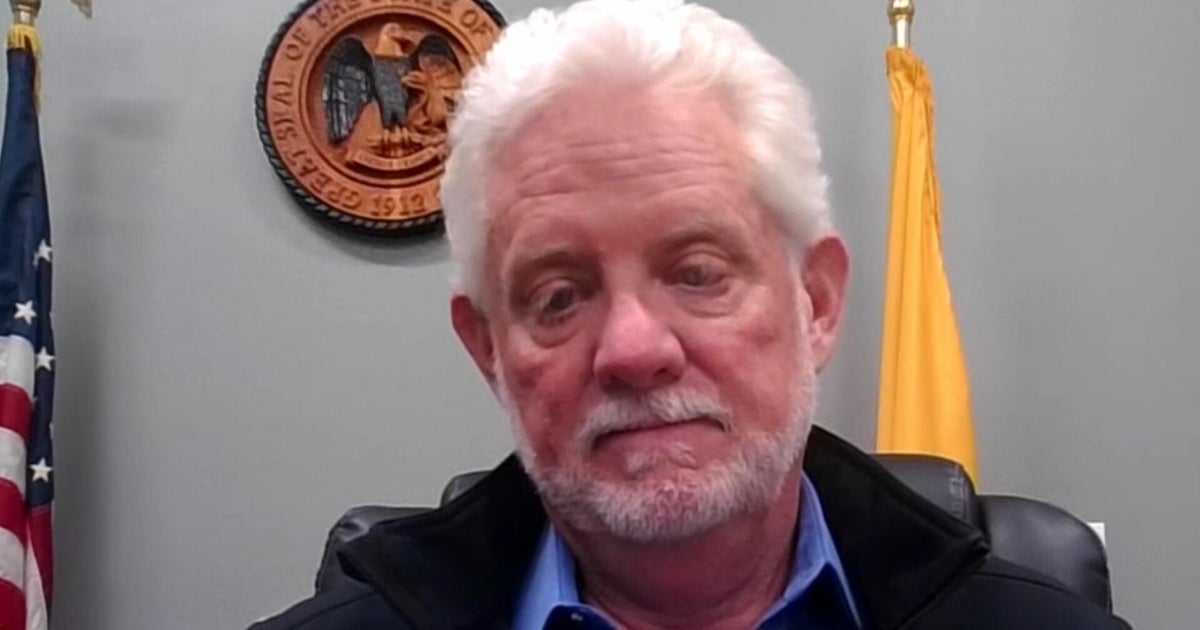I still fail to understand why the Australian government remains committed to spending billions of our tax dollars on the American-made AUKUS submarines (“Fears US review will raise AUKUS price”, July 10). America could again increase the price or force an agreement to support the US in a dispute over Taiwan. My new car has a tracking device fitted by the manufacturer. It enabled me to locate my vehicle for police retrieval when it was stolen. It enables me to start or stop the car remotely, open and close doors or windows, control the temperature and many other features. I’m sure any new, overseas-manufactured submarine will have a much more sophisticated version of a similar remotely controlled tracking device that will enable total control of Australian-bought submarines if that suits America’s purpose. Katriona Herborn, Blackheath
Trump’s under-secretary of defence, Elbridge Colby, wants more money for Australia’s AUKUS subs and more control of how and when they are used. That will be some decades away. Meanwhile, we pay billions up front for what? What a great deal for Trump and not for us. Maybe AUKUS should be USUKA to reflect who is in control and how Australia is being treated. Mark Olesen, Ryde

An AUKUS submarine, moving further out of sight every day.Credit: ADF
To think that Australia could have bought French submarines and remained capably independent while it waited for the new AUKUS submarine to be built. By putting so many eggs in the Virginia-class basket, Australia has left itself vulnerable to US interference in our defence and foreign policies. The test for the Albanese government is how to walk the tightrope between Washington and Beijing with such increasing crosswinds. Philip Cooney, Wentworth Falls
I find it hard to shake the feeling that, on taking office in 2022, Prime Minister Anthony Albanese rummaged through Scott Morrison’s leftovers and pondered what to do with this lemon of an agreement called AUKUS. Setting the timid tone of his administration, he endorsed the pact and has since tipped a breathtaking amount of money into the questionable prospect of Australia eventually acquiring a weapons platform over which we may not even have operational control. It would seem that the US is softening up Australia for a reworking of the AUKUS “deal” – if one must use that vulgar Trumpism – and may well leverage a perceived weakness in our position to further shake the money tree. It is a crude ploy very much out of the playbook that passes for foreign relations under this US administration. The assumption is that we would bend to turbulent Trump’s demands and open up the coffers. Albanese should consider using any such move to pull the plug, and quickly. Cut our losses if we must, but acknowledge, finally, that AUKUS, despite many benefits, offers a bad outcome for the country. If it looks like a lemon and tastes like a lemon, then please, call it what it is and address that part of our defence needs elsewhere. Bradley Wynne, Croydon
The latest whispers on the Trump strategy to raise the price of the “might-be-delivered-one-day” submarines open the door for proper public debate and a possible referendum before any further commitments. AUKUS was thrust upon us by the Morrison government in a burst of self-congratulatory hubris, and the Labor Party was cleverly wedged into supporting the deal. Now is the time for democracy to show its face. What a useful tool for delaying, deferring or cancelling this white elephant. John Richards, Turramurra
Surely, this would be the final straw and time to renegotiate our whole defence agreement with the US? If our value to them is to be determined by a fickle deal-loving buffoon then we could be easily dumped at any time convenient to him or when it doesn’t match the America First philosophy. Get on with building our own defence that isn’t reliant on Trump and his erratic decisions, and do it now before we flush any more money down the Trump drain. Ian Ferrier, Long Jetty
Let us increase our defence spending to defend our pharmaceutical benefits scheme against Donald Trump and American big pharma. Our PBS gives so many of us the power to live in dignity. Mark Porter, New Lambton
No alliance mandate
Connor O’Brien (“Guns or dental care? The real cost of a splurge on defence”, July 10) calls for respectful debate around defence spending in light of the mandate recently provided to the government. A mandate is the authority to carry out a policy granted by an electorate. The government has no mandate for AUKUS. With the two major parties in our two-party system in lockstep, voters have had no choice in the matter. It is a case of “your money or your life”! According to reports, the US is now going to ask for more money for the submarines and a guarantee that we war against China, if it comes to that. Considering Labor and Liberal’s sycophantic support for the US, whose president has raised annexing Greenland, the Panama Canal and Canada, and armed Israel’s annexation of Gaza, who are we to complain about China annexing Taiwan anyway? Albanese needs to grow a spine and dump AUKUS. This isn’t about a trip to the dentist or the NDIS; we are being signed up to commit suicide without the permission of the Australian people. Paul Davies, Crows Nest

Could the AUKUS money be better spent elsewhere?Credit: AP
The trade-offs required by any increase in defence expenditure highlight some existing examples, such as universal child care and dental coverage by Medicare. The costs are estimated to be about $20 billion a year. This is the annual amount that negative gearing and capital gains tax concessions cost and highlights the public policy conflict entailed. Abolishing these two tax concessions would fund childcare and permit dental coverage under Medicare. Both would contribute to productivity and perhaps take some of the hot air out of house price inflation.
Victor Boase, Narraweena
About those elephants
I agree with your correspondent’s assessment (Letters, July 10) of the current effect of interest rates on home owners being a product of negative gearing and capital gains discount. I would go further and say it is the root cause of so many of the problems of our present-day society – homelessness, the generational wealth disparity, stress and its associated health and mental health issues, obesity, and a lack of family time. So many commentators and economists are calling for the government to do something about these “two big elephants in the room”. It is time for the government to take action. Fay Semple, Bateau Bay
It’s not rocket science. For generations, home owners have paid down their mortgage, no matter their financial circumstances. They look at their monthly statement and see their actual interest paid declining at a compound rate. It is very therapeutic and makes you feel good knowing that the sacrifices you make today are benefiting you every future day. Riley Brown, Bondi Beach
Electric vehicles not to blame
Why are there so many pot-shots being taken at EVs lately (“EV tyres add to plastic pollution problem”, July 10)? This makes it seem that the increase in pollution from tyres is something new and that EVs are to blame. This is just grist for the mill for those who harbour conspiracy theories against anything which might alleviate climate change. In this case, the real culprit is the trend towards bigger and heavier cars, whether EVs or conventional. We should ask ourselves whether the benefits of bigger cars outweigh the costs, whether in terms of fuel consumption, tyre wear and space on the road. Similarly, in the case of EVs, there might be an increase in the volume of microplastics because batteries are heavier. But how much of an increase? There might also be pollutants involved in the manufacture and disposal of batteries, or anxiety about the ability to recharge or service the cars, or the source of the electricity being used to power them. But is that sufficient to outweigh the benefits from reduced emissions, or savings from reduced fuelling and maintenance costs? We need to consider the whole picture, not just each individual issue. And on that score, EVs come out streets ahead. David Rush, Lawson
Another subtle bias against electric cars? This pollution has been happening for well over a hundred years. How long have EVs been on our roads? How long have internal combustion engines ruled the roads? Even now, they still do. Supporters of ICE vehicles will use any spurious argument to discredit EVs. The truth is that each EV makes a large net gain over the massive air and noise pollution caused by ICE vehicles. Paul Gannon, Coopers Shoot

Old tyres: who should get the greatest blame?Credit: Bloomberg
My wife and I are proud EV owners. While EVs are not for everyone and probably will not be the whole answer to our emerging transport solutions, they are viable for many people. An EV allows one to stop supporting the US and Middle Eastern oil cartels. But mention an EV and some people become extremely negative, even though often they have neither researched nor driven one. Robert Antill, Lake Conjola
The reality is that any vehicle with tyres, including bicycles, are contributing to plastic pollution, and have done so for the previous 120 years. While important, tyre recycling schemes do not reduce the pollution caused by tyre wear. Perhaps we could appeal to those people going out into rural areas to perform burnouts to cease their pernicious activity to help reduce plastic pollution. Neil Reckord, Gordon (ACT)
Bridge safety solution
As someone who has crossed the Sydney Harbour Bridge since collectors were manning the toll booths, I don’t believe lowering the speed limit is the sole answer to improving safety on the bridge (Letters, July 10). The primary concern is that one can switch lanes into oncoming traffic, either inadvertently or, as we recently saw, in a stolen vehicle being driven dangerously. In many countries around the world, movable traffic barriers are used that can be installed and moved as daily traffic demands change. Nick Andrews, Bellevue Hill
Hit the snags
Your correspondent’s suggestion (Letters, July 10) that we have a Democracy Day in July is a good one. That would mean that we can enjoy an annual democracy sausage instead of only once every three years. Ted Richards, Batemans Bay

Any excuse for another sausageCredit: Getty Images
Your correspondent astutely proposes July 31 as a new Australia Day because that is the date Western Australia had its Federation Referendum in 1900 – the concluding one. The series of Federation referendums occurred from 1898 onwards. It is not widely known that the government of Western Australia had plans not to take part, largely because Perth did not want to share the wealth from the Kalgoorlie goldfields. In response, there was a proposal in Britain to form a new state by excising that part of WA lying west of the SA border to a new boundary running south from Kalgoorlie to Esperance – this new state would be named Auralia, and it would take part in the national referendum process. The WA government realised that it was outmanoeuvred, and thus accepted having the federation referendum on July 31, 1900. David Rose, Nollamara (WA)
Thank you to your correspondent who suggested March 3 as the date to celebrate Australia Day. Nothing would give me more pleasure than telling my great-grandchildren they can have a day off school as it is my birthday. David Pigott, North Parramatta
Hands off heritage
At 89, using a walker, I have long been concerned with access to heritage buildings (Letters, July 10) but, as one also long concerned with architecture and a member of trust bodies here and in the UK, also with their preservation. That is threatened in the case of the historic St Paul’s Parish Church, Bankstown, one of the few important heritage buildings in central Bankstown. A worship space within a gigantic skyscraper would be no substitute. St Paul’s is an attractive simplified neo-gothic church and a “house of God”. It has valued associations for many, another sacred space that deserves preservation. I knew it in the time of Father Tony Wood, a rector, whose earthly remains and those of Father Tom Lawrence lie beneath the sanctuary. John Bunyan, Campbelltown

St Paul’s Church, Bankstown: time for a heritage listingCredit: Dean Sewell
As a long-serving parish councillor I echo the frustrations regarding heritage listing. Repairs take triple the time that they otherwise would thanks to NSW Heritage’s red tape. Moreover, the heritage community tends to believe (a) they’re always right, and (b) the home owner/congregation has no right to have a say in what happens to/in their heritage property; they’re really just the cash cow to pay for its upkeep. Roger Gallagher, Merrylands
Grafton has a good story about the preservation of an important building. The Saraton theatre is 99 years old. Early this century the Notaras family renovated the building with dedicated attention to its original form. The theatre was originally built by two brothers who had arrived from Kythera to establish the best cafe in town. Reversing their surname provided the building’s name. Don Firth, Wooli
- To submit a letter to The Sydney Morning Herald, email [email protected]. Click here for tips on how to submit letters.
- The Opinion newsletter is a weekly wrap of views that will challenge, champion and inform. Sign up here.





